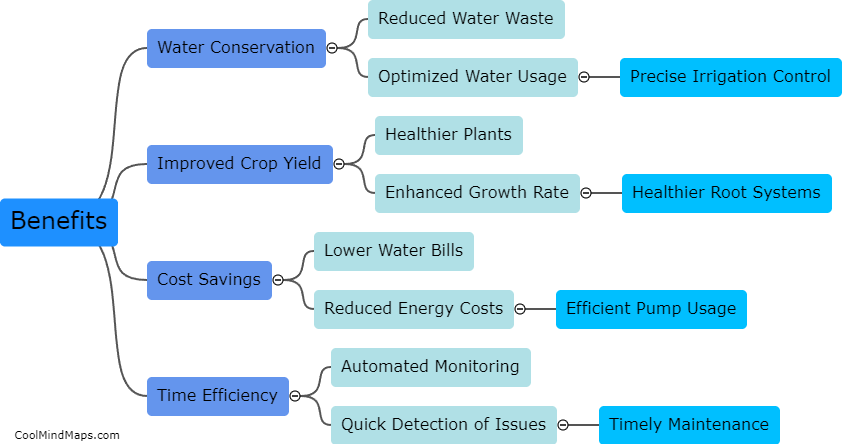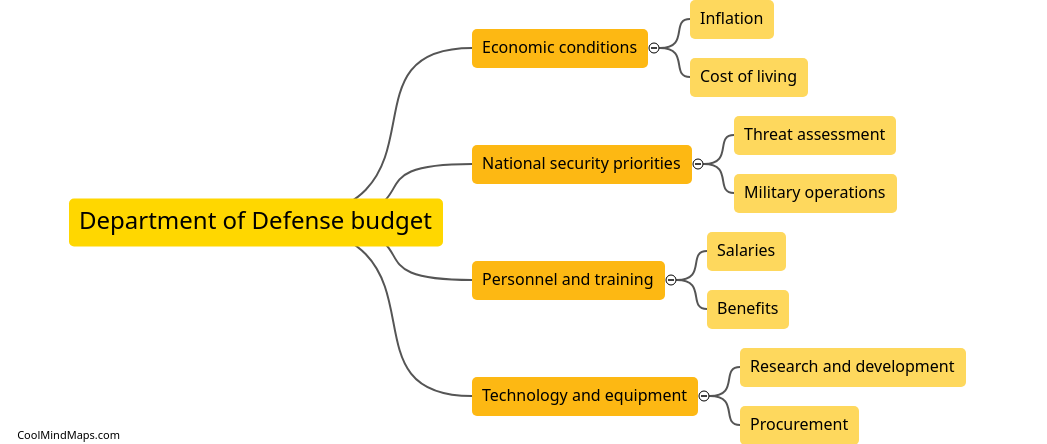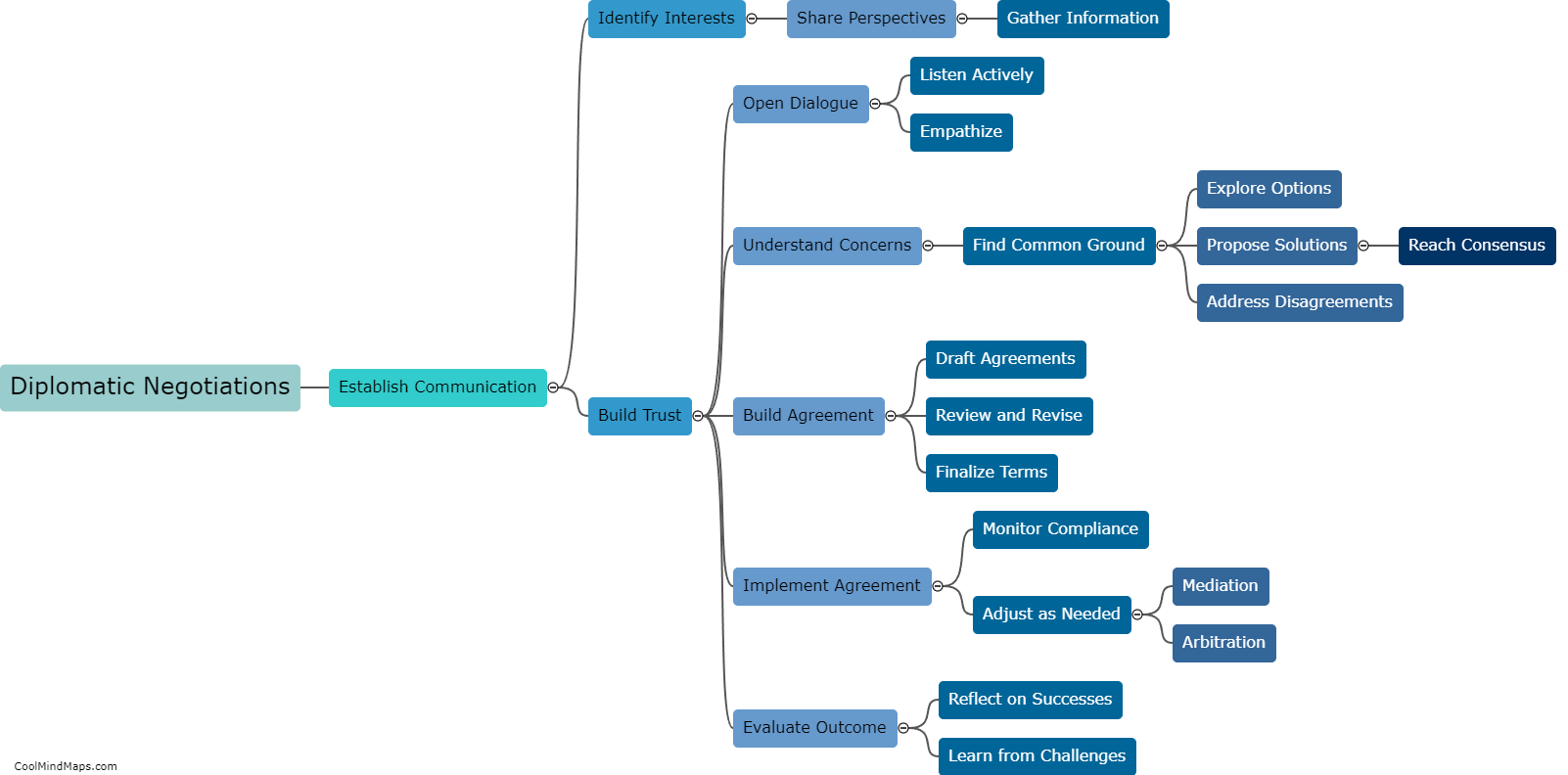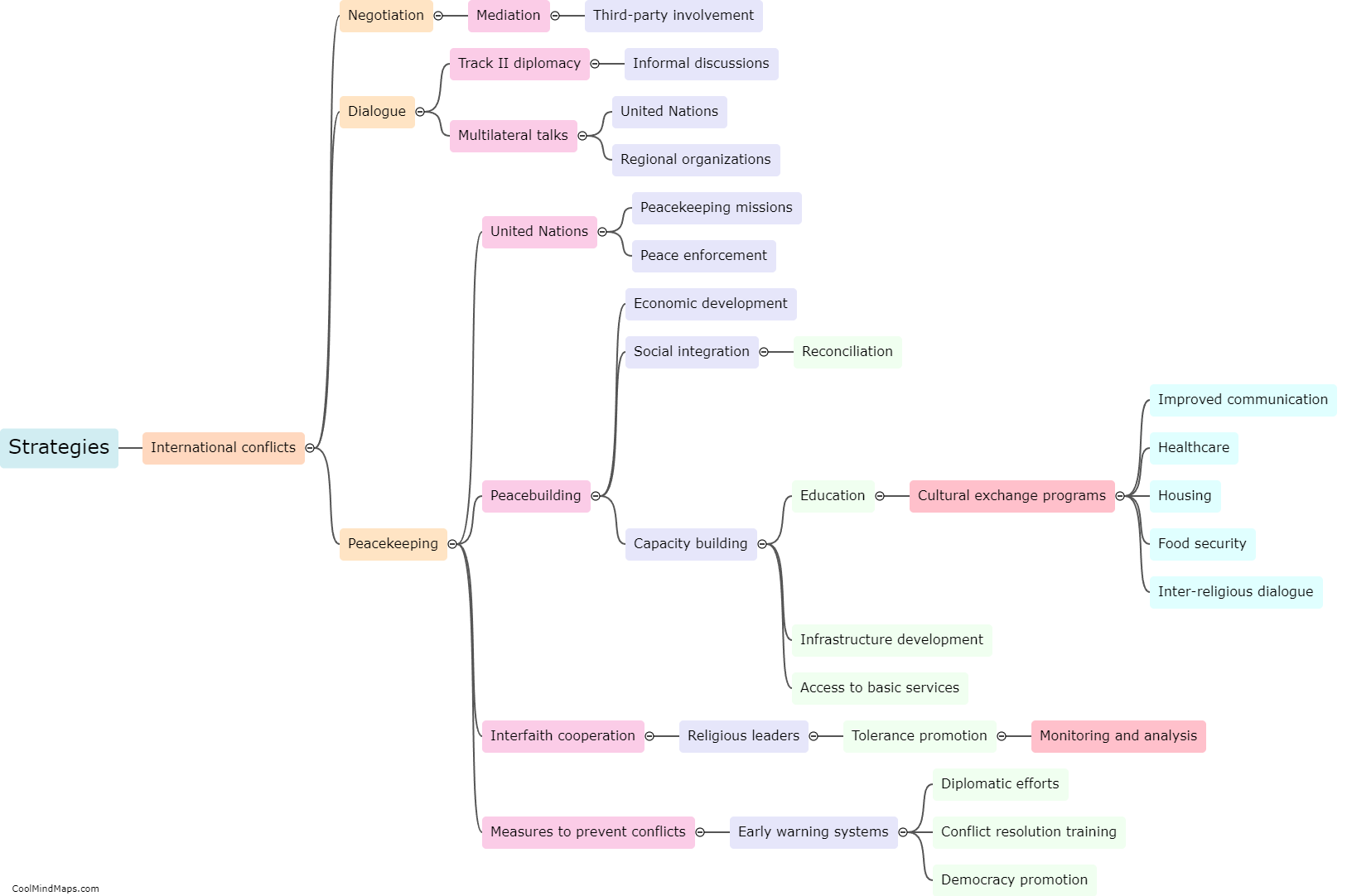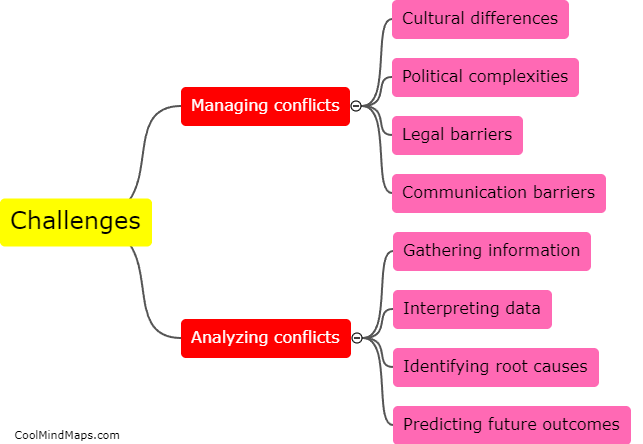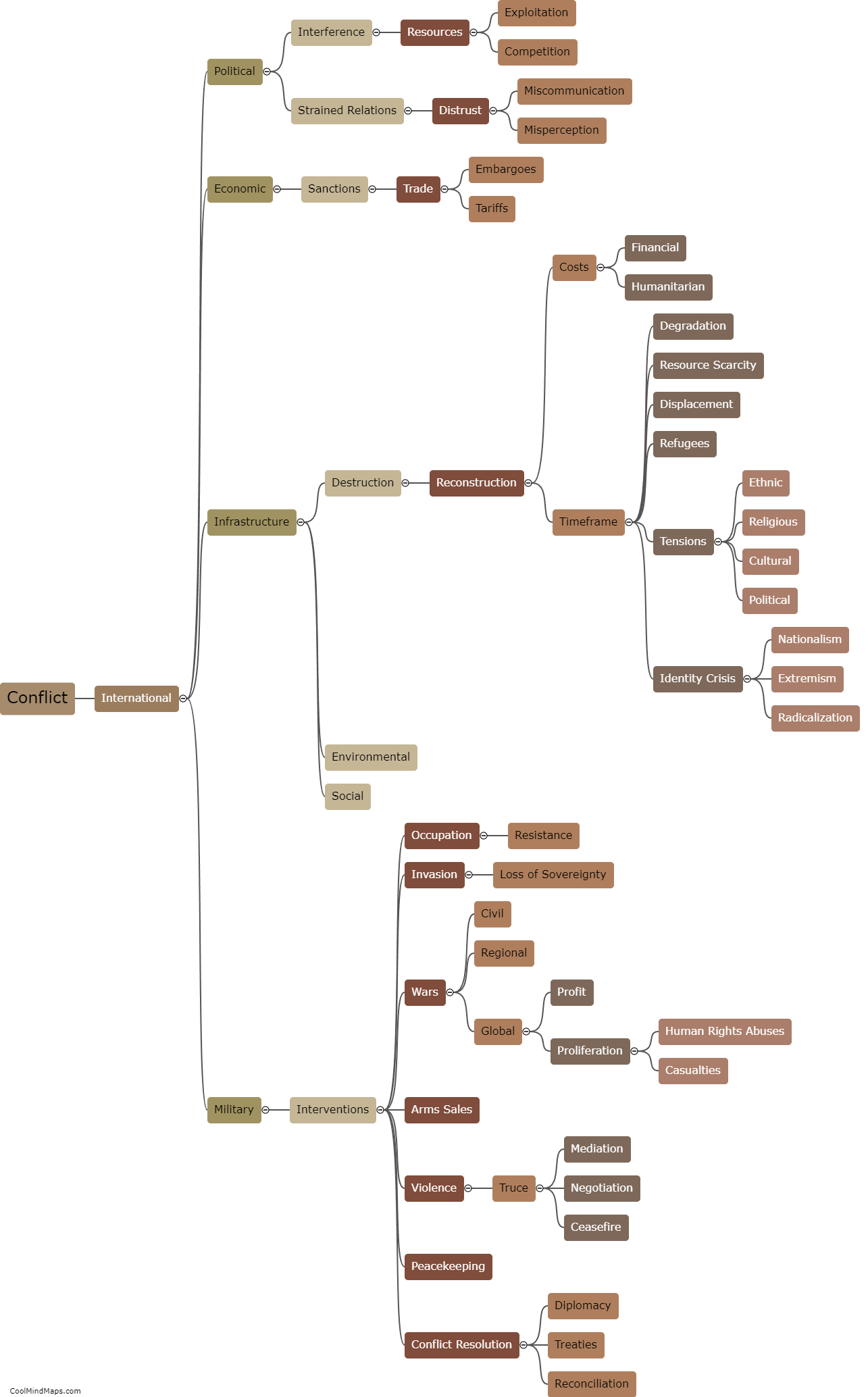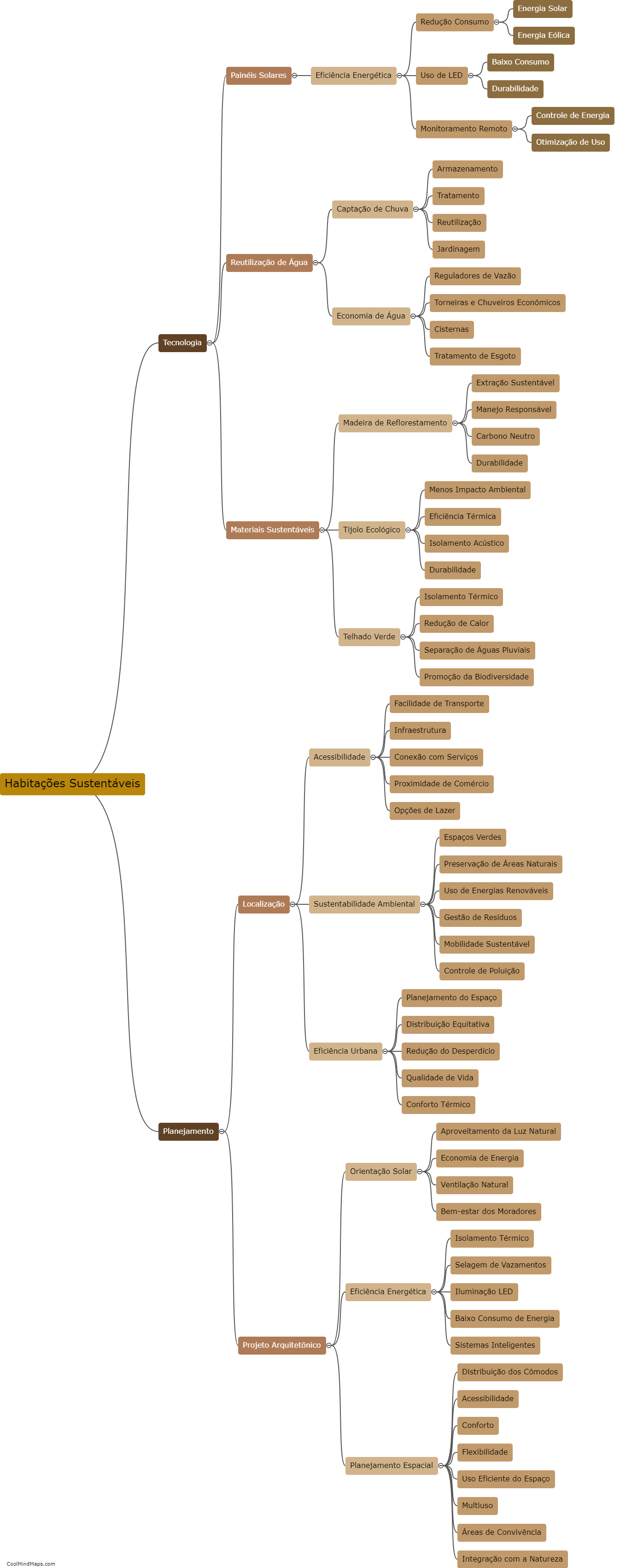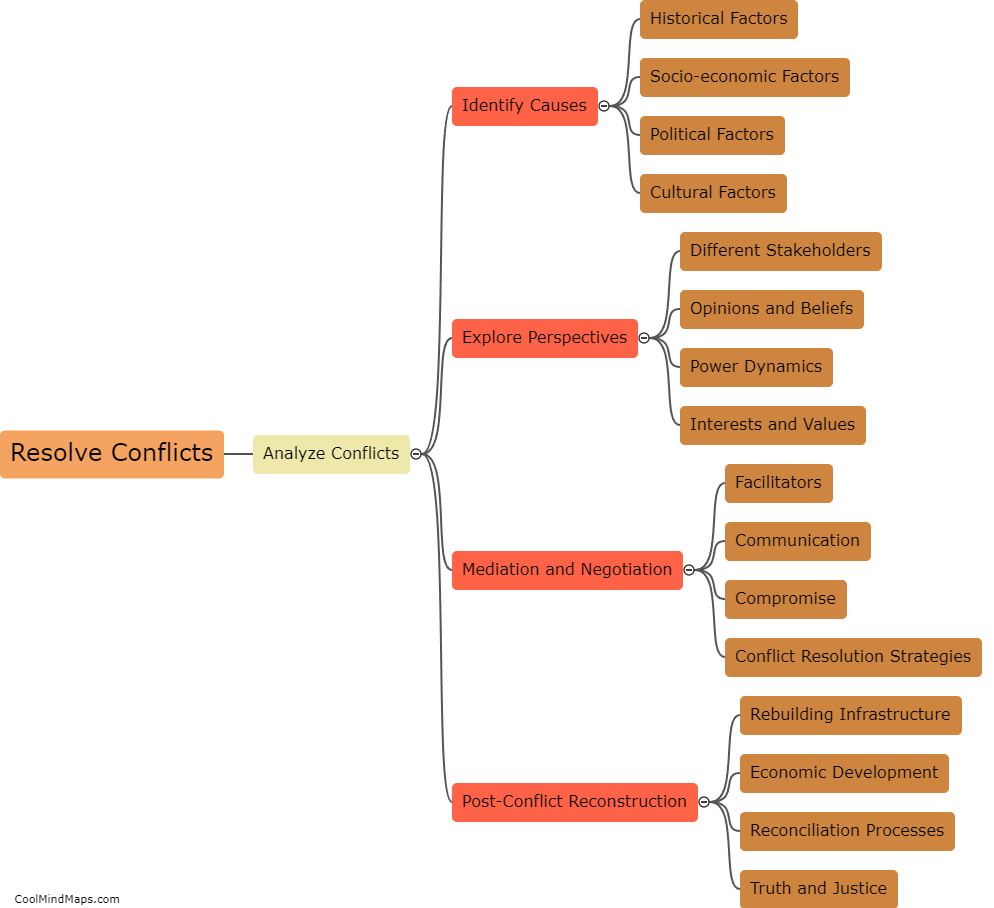How can conflicts be analyzed in the context of international relations?
In the context of international relations, conflict analysis involves examining the causes, dynamics, and consequences of conflicts between countries or other actors on the global stage. This analysis can be carried out through various methodologies and frameworks, such as understanding historical context, identifying key actors and their interests, evaluating power dynamics, and assessing the role of underlying structural factors. Furthermore, conflict analysis in international relations involves examining both the visible manifestations of conflict, such as military clashes or diplomatic tensions, as well as the underlying socio-political, economic, and ideological factors that contribute to the emergence and persistence of conflicts. By analyzing conflicts in this manner, policymakers, scholars, and practitioners can gain insights into how conflicts can be prevented, managed, or resolved, ultimately helping to foster a more peaceful and stable international system.

This mind map was published on 17 October 2023 and has been viewed 95 times.

